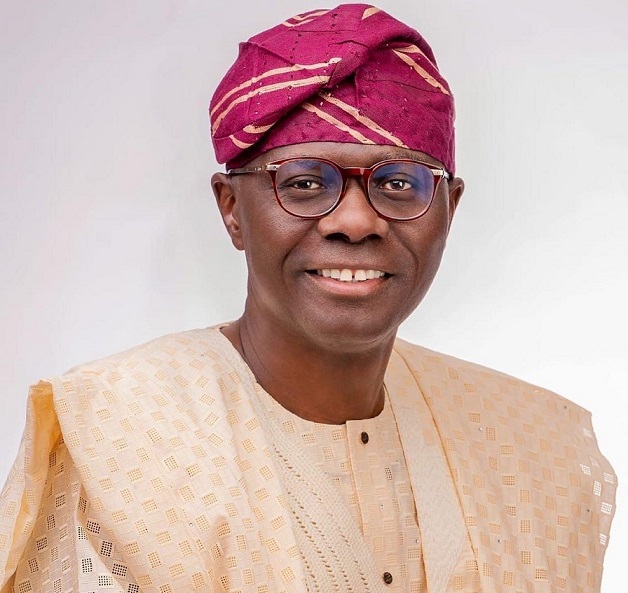Lagos indigenes demand details of Dangote’s $100 million land purchase from Sanwo-Olu
In Lagos State, Nigeria, there has been significant public interest regarding the land acquisition by Aliko Dangote, Africa’s richest man and the founder of the Dangote Group.
The purchase reportedly amounts to $100 million and has raised questions among local indigenes about the true nature of the transaction.
Lagos indigenes expressed concerns over the lack of transparency surrounding this substantial land deal, and formally wrote to Governor Babajide Sanwo-Olu, seeking detailed information about the transaction at the Lekki Free Trade Zone.
The oil mogul had, during a visit by the leadership of the House of Representatives on July 21, revealed he paid $100 million to acquire the about 7,000 acres of land to build his $20 billion refinery, contrary to claims that it was offered freely to him as an incentive or was a subsidised allocation.
READ ALSO: Reason Nigerian govt ordered sales of crude oil to Dangote, others in naira
Under the aegis of De Renaissance Patriots Foundation, the indigenes, in a letter signed by its president, Adelani Adeniji-Adele, and the secretary general, said they were “bewildered on why the notice of the purchase was not brought to the attention of government and how the money was expended without the members of the public being carried along or benefiting from it, particularly the host communities in Ibeju-Lekki.”
“On the basis of the foregoing, we hereby demand information of the allegation and detailed information on how the money was expended and the account that was used to receive the money,” said the group.
The group added, “Sir, Section 4 (a) of the Freedom of Information Act, 2011, provides that, where information is applied for under this Act, the public institution to which the application is made shall, subject to sections 6,7 and 8 of this Act, within (7) days, after the application is received, make the information available to the Applicant.”
“Section 4 (a) of the Freedom of Information Act, 2011, provides as follows: (1) Where the government or public institution fails to give access to a record or information applied for under this Act that it relates to and that the applicant has a right to challenge the decision refusing access and have it reviewed by a court.”
The group threatened to petition the Economic and Financial Crimes Commission to investigate the matter or seek an order of Mandamus in court against Mr Sanwo-Olu’s government if it did not respond within seven days.
The letter to Sanwo-Olu also seeks to clarify the role of the Lagos State Government in facilitating this deal. Questions arise about whether proper procedures were followed and if there was adequate consultation with affected communities.
While Governor Sanwo-Olu’s administration has yet to provide a comprehensive response to these inquiries, it is expected that they will address these concerns in order to maintain public trust and ensure community engagement in future developments.
The situation reflects broader themes within urban development in Nigeria, where rapid economic growth often clashes with local interests and environmental considerations. It highlights the need for transparent governance practices that involve stakeholders at all levels.


